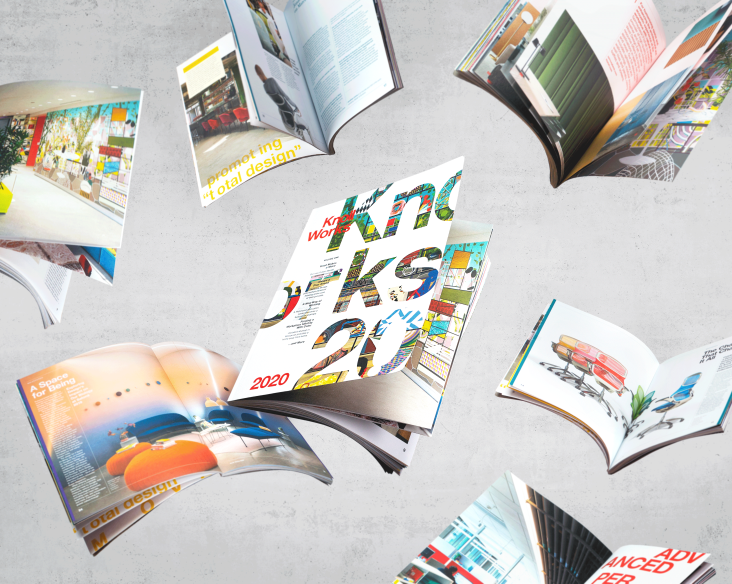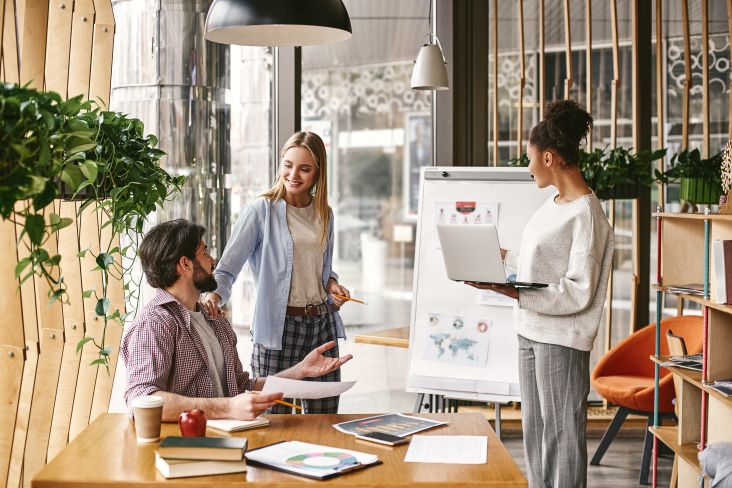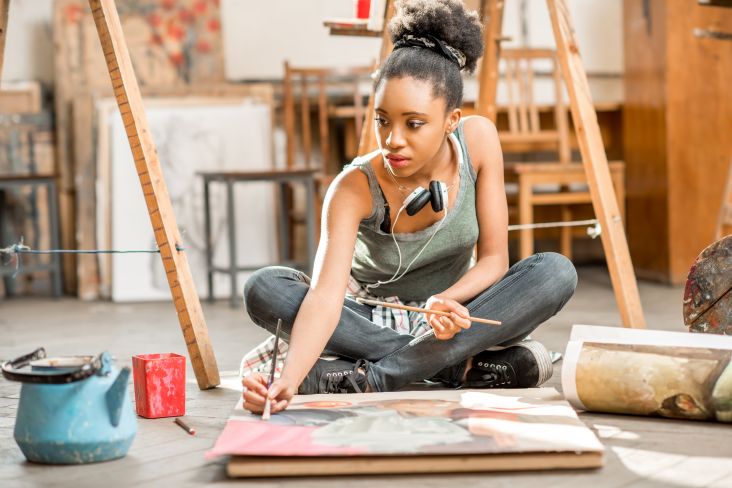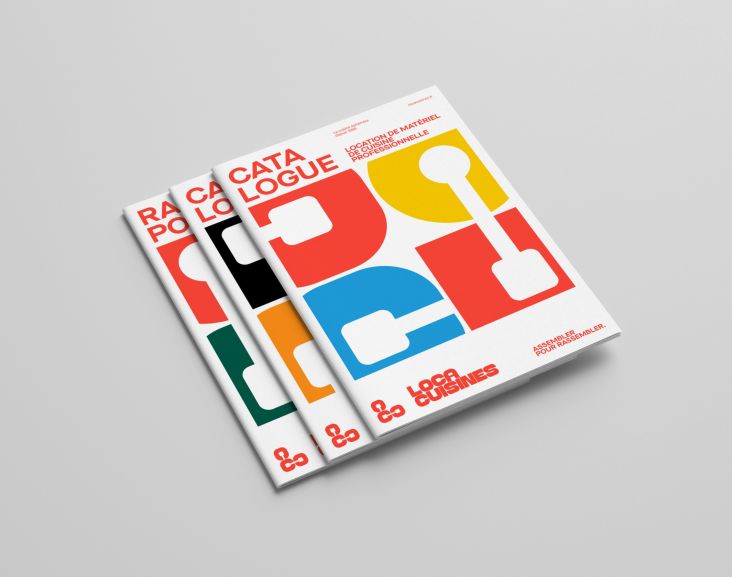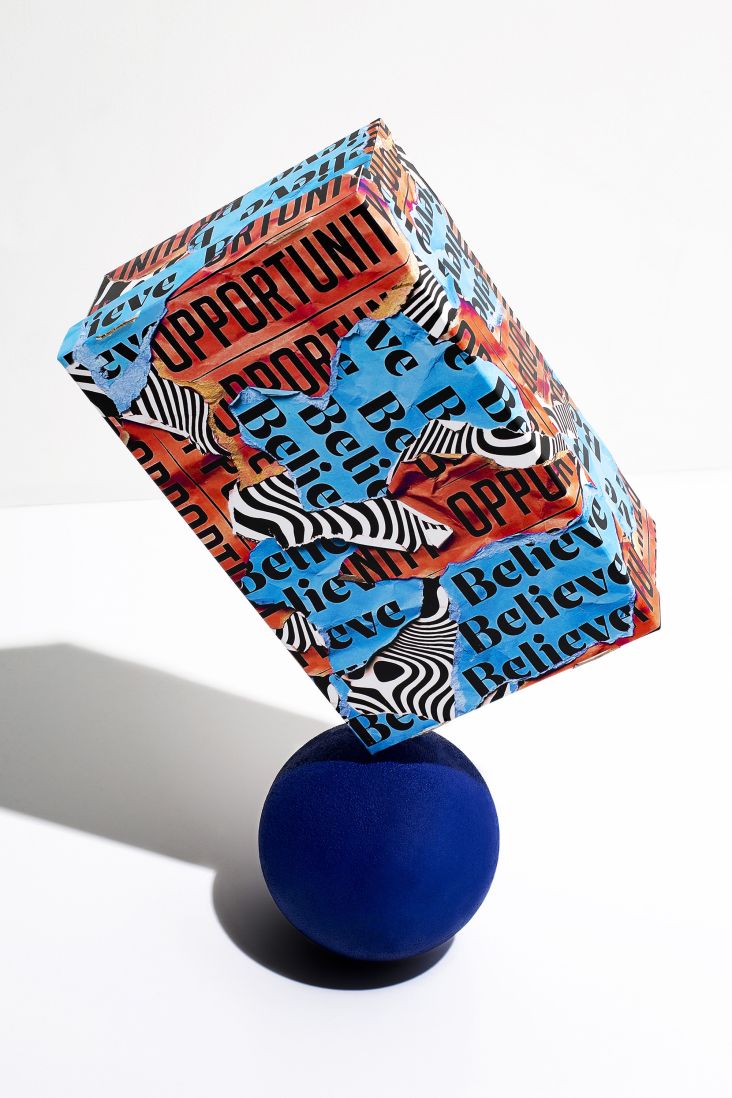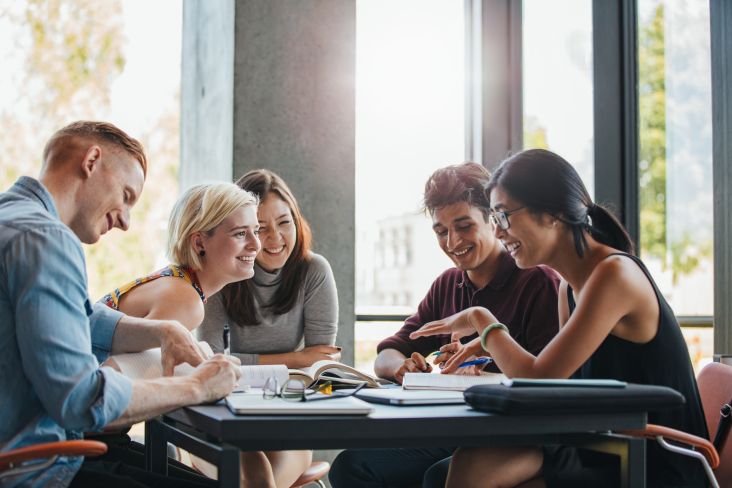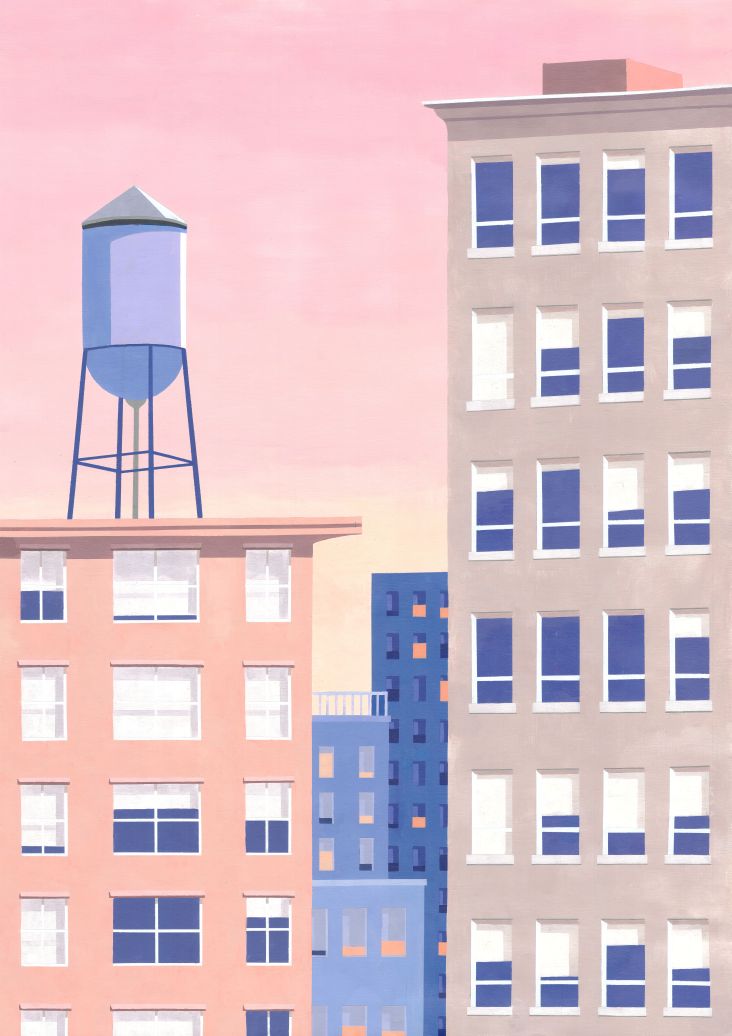Graduating in a global pandemic: 10 lessons learned by creative students at UAL
Whether your graduation day is in the past or the future, we all have a vision of what that should look like. Unfortunately for this year's creative students, events conspired to make graduations look very different from the norm. And that was only the tip of the iceberg.
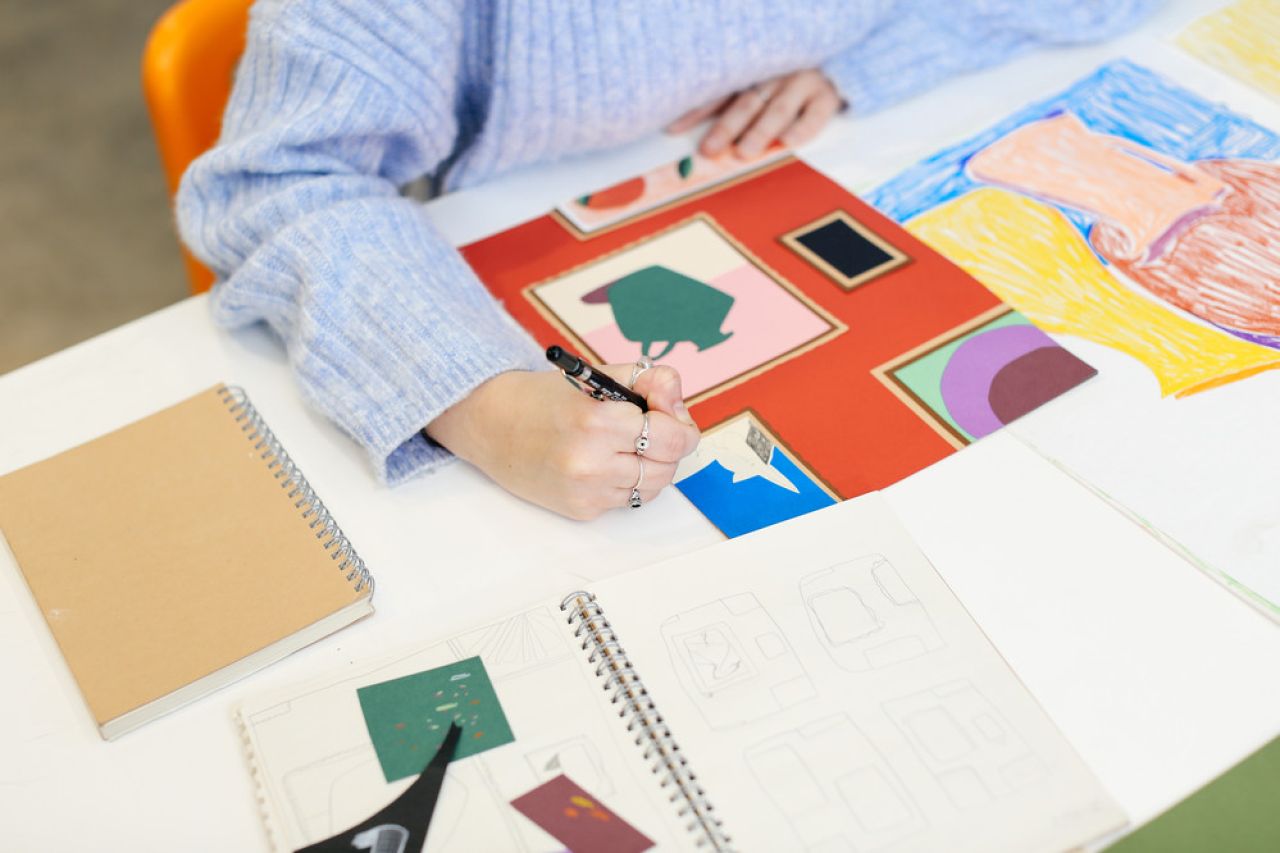
Hellie Cartledge. Photo by Alys Tomlinson
It wasn't just that physical ceremonies, with all the dressing up and excitement that entails, were out of the question. Or even that their graduate work couldn't be exhibited in public in the usual way. Beyond that, the class of 2020 had to spend months in isolation, unable to attend real-world lectures and tutorials, or work collaboratively in a physical studio environment.
So how did they cope, and emerge on the other side having not just survived, but creatively thrived during lockdown? University of the Arts London quickly adapted when Covid-19 turned our world upside down, successfully moving its classes online and launching its virtual graduate showcase to highlight the "newest names in art, design, fashion, communication, media and performing arts". These steps certainly helped.
But what else? We chatted to seven creative UAL graduates to find out the secrets of their success during the strangest of periods.
1. Find inspiration in the everyday
The sudden imposition of lockdown meant that most of the sources of inspiration creative students are used to, from the buzz of a lively tutorial to an outing to an art gallery or show, were suddenly snatched away. Stuck between four walls, and only venturing out for daily exercise or a dispiriting shopping trip, how did students stay motivated and fired up?
For Hellie Cartledge, BA (Hons) Illustration at Camberwell College of Arts, it was by finding inspiration in the everyday. "Early April, front doors closed, and life indoors began," she recalls.
"Home was everything. It was the tattered cushions and my one-eyed teddy bear that became comforts in a time of uncertainty. I felt that glimmer of life in them and started to question… 'What do our objects get up to when no one's home? Are the teacups itching to play chess? Or have a natter about the household dramas?'"
This line of thinking ultimately led to the concept behind her graduate project. "'The Great Indoors' is an illustrated poem which exposes a world of the unknown behind the locked door of an empty house," she explains. "Objects are given anthropomorphic qualities sparked by living in lockdown."
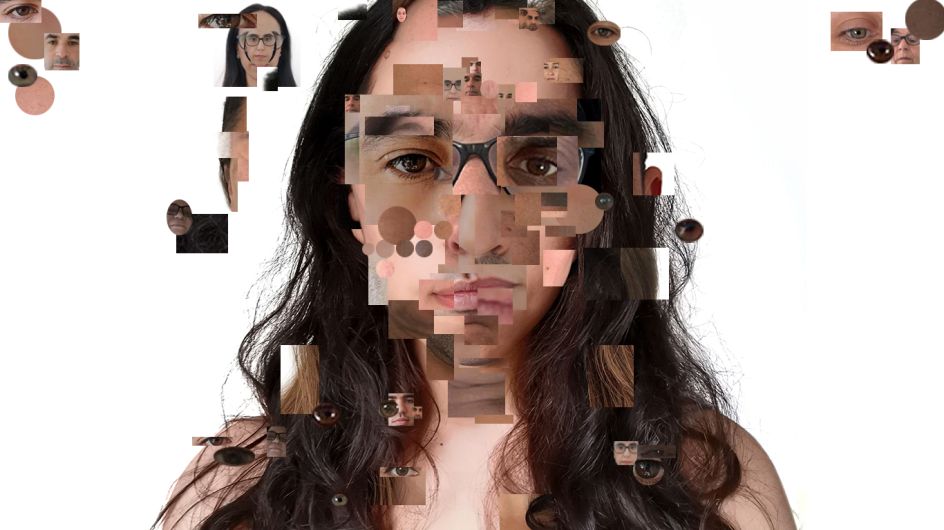
Zahraa Karim
2. Embrace online learning
UAL quickly responded to lockdown by moving all its teaching to the web, and while this may have been unfamiliar to many students, those who embraced it found that it came with unexpected benefits.
"Online learning is a tricky thing to get used to," notes Charlie, "especially when your brother walks in half-naked behind you in the middle of a lecture. But after a while you become comfortable, and it's a nice way to talk to your tutors and technicians. And while previously you might have spoken to them with your class around, now you could get to know them in a more one-to-one basis, which I came to quite enjoy."
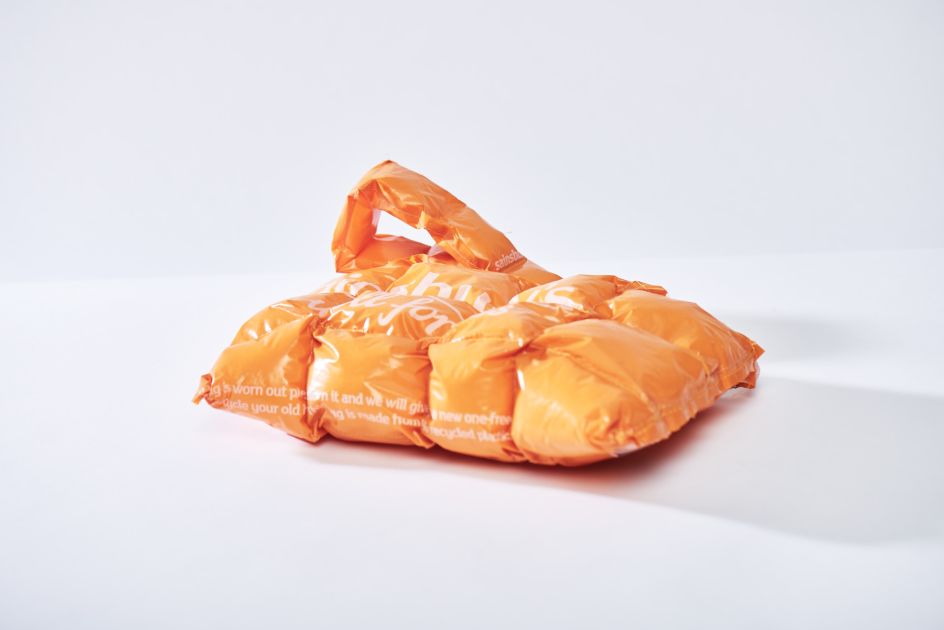
Ella Canton
Not convinced? Zahraa Karim, BA (Hons) in Photography at London College of Communication, adds that you "have to be patient, communicate, and remember that everyone will be in the same boat as you are." She says that "every new experience is going to present its own unique challenges and online learning is included in that – connectivity, time management, productivity and engagement are all challenges you may need to overcome.
"Don't stress it all in one go though, give online learning a chance and be open to breaking the ice in a less conventional way, because online learning won't feel completely normal when five months ago you expected to be sat in a lecture theatre."
3. Harness the weirdness of lockdown
While Hellie found inspiration in the mundane, others discovered the very weirdness of lockdown life fired their imaginations. Take Ella Caton, BA (Hons) in Textile Design at Chelsea College of Arts.
"My project began as a vision of the 'Woman of 2100', creating a dystopian and speculative view of what the world may be like then and designing what this woman may need to survive," she recalls. "I imagined people being cut off, the end of society and climate change. Ironically, parts of my project started to become a reality.
"Due to the pandemic, my project accidentally became a reflection of our current times," she continues. "An example of this is my use of supermarket plastic bags, reflecting the crucial role of supermarkets during the pandemic."
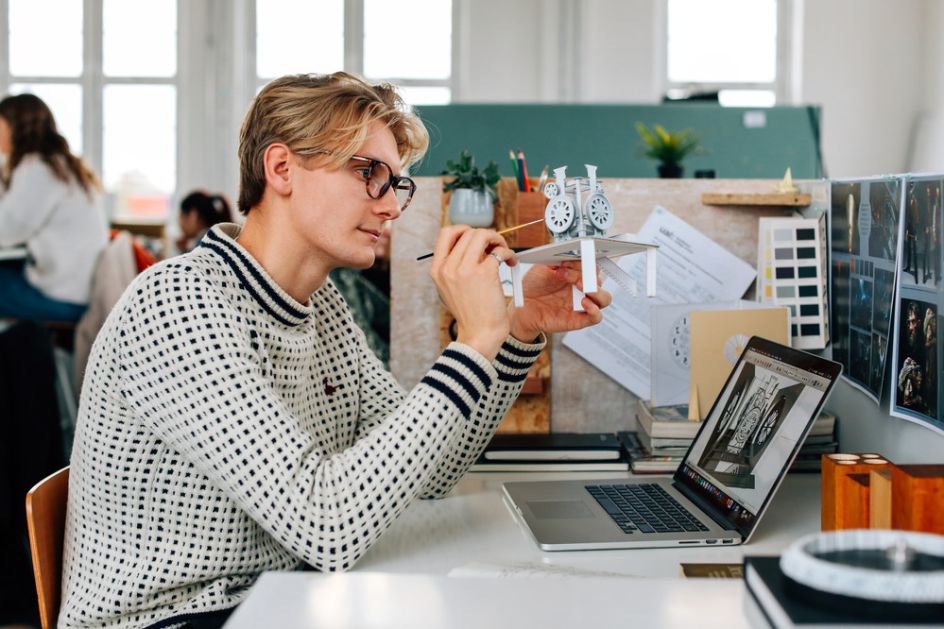
Charlie Bartlett. Photo by Alys Tomlinson
4. Adapt your skillset
Being a creative professional is all about adapting, so in many ways responding to the challenges of the pandemic was great training for UAL students that will stay with them throughout their career. For Charlie Bartlett, BA (Hons) in Production Arts Screen at Wimbledon College of Arts, this means a new focus on creative software.
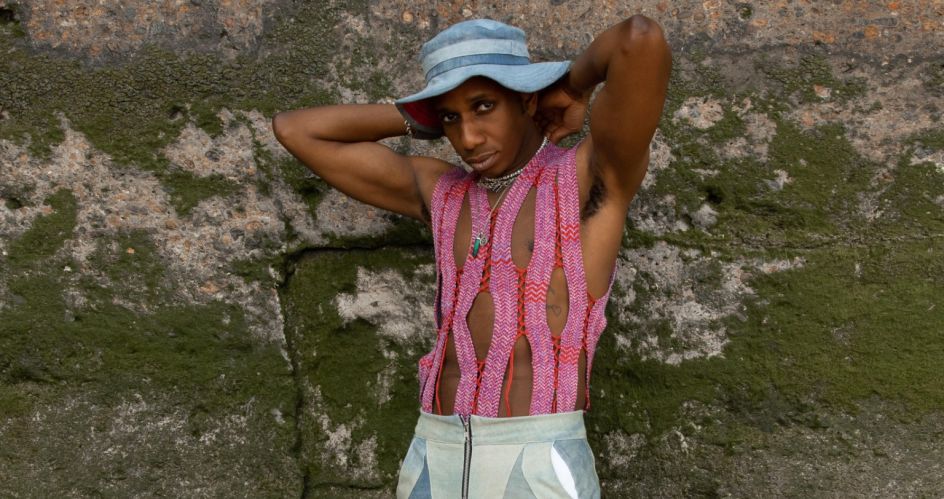
Mapalo Ndhlovu
"Being in lockdown forced me to adapt away from the studio," he explains. "This is where I honed my digital skills such as Sketchup, AutoCad and Photoshop, to visualise my ideas where previously I would have used more conventional methods that I was more comfortable with such as a simple pen and pencil."
5. Use new materials
Mapalo Ndhlovu, BA (Hons) in Fashion Design Technology: Menswear at London College of Fashion, also had to adapt his creative approach as a result of the pandemic. "My project was a continuation of a look that would have been included in my graduate collection 'Hererotage', a collection that looks to fuse African streetwear and western utility wear," he explains.
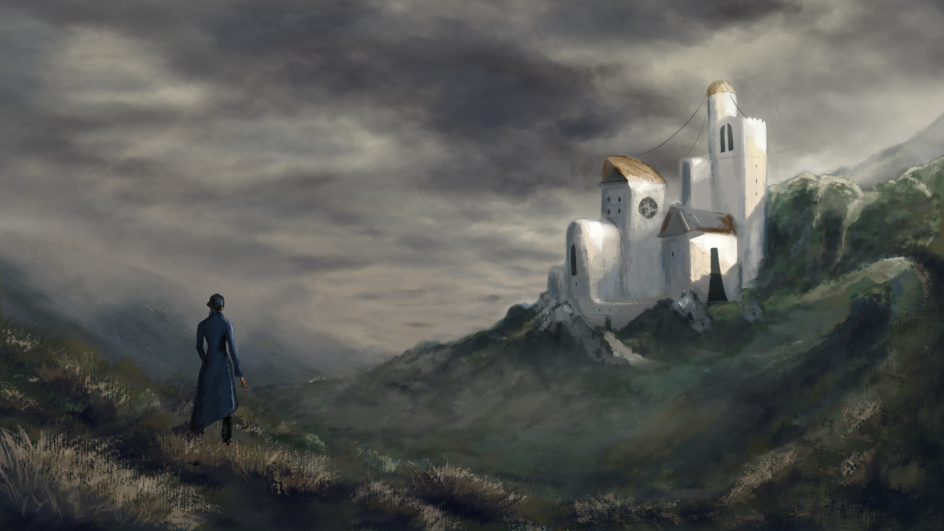
Charlie Bartlett
"Once lockdown started, a lot of the looks I was working on had to be put on hold because I didn't have the right equipment to construct them properly. But as limiting as this was, it challenged me to make the most of the materials I had available, and call on other creatives to come together to achieve what we did."
6. Practice art as therapy
Spending more time at home during lockdown had the benefit for many UAL students of providing more time for self-reflection. They include Timothy Gibbons, BA (Hons) in Performance: Design and Practice at Central Saint Martins.
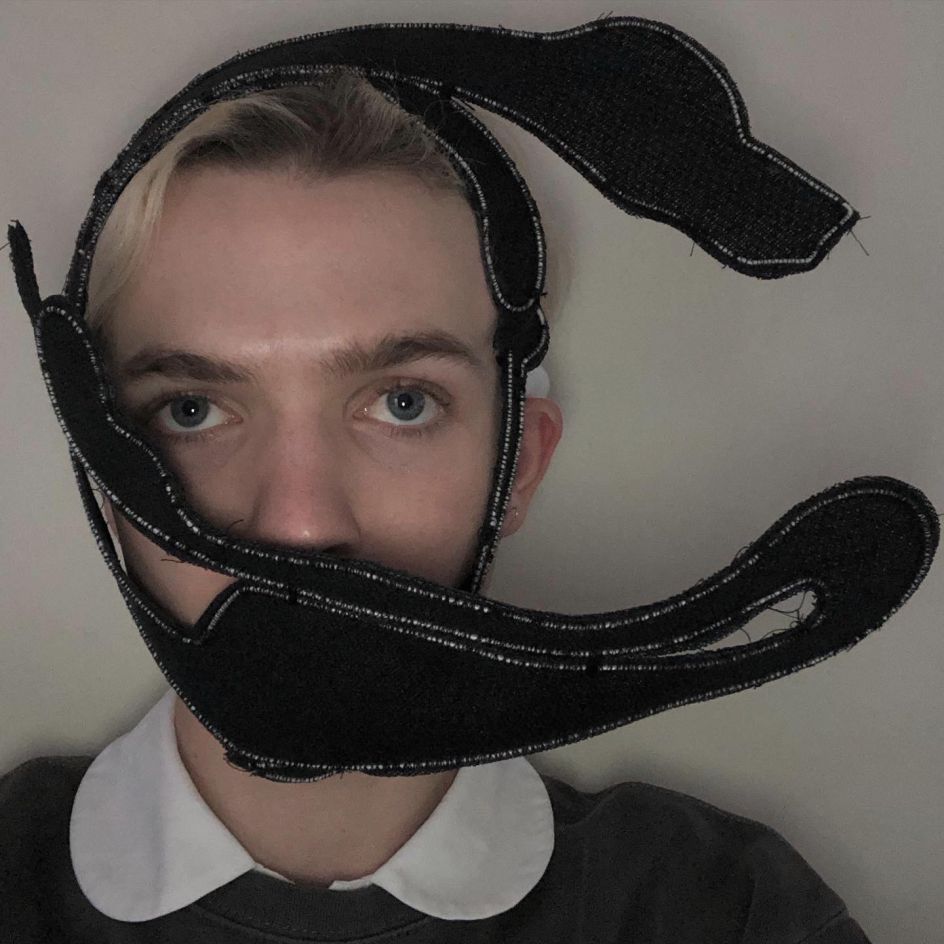
Timothy Gibbons
"I had a lot of time to reflect on my practice and what I want to say as an artist and designer," he explains. "This sometimes bordered on more unhealthy ruminations, but working with my hands, working in this sculptural way and actually having a goal of graduating, gave me something to focus on. When I could break through the mental wall and anxiety, it was super therapeutic to do work in a more innocent and exploratory way, with plaster and wood I collected from Finsbury Park."
7. Make something for others
Damilola Ayo-Vaughan, BA (Hons) in Culture, Criticism and Curation at Central Saint Martins, also saw an upside to not being able to be out and active. "I had a lot of quiet time, something which I do not usually like or have," he recalls. "So I decided to work on a photo-book as a love offering to all my friends. Even though I could not be around them, I wanted them to know how much I love them, and how loved they'd made me feel across the years."
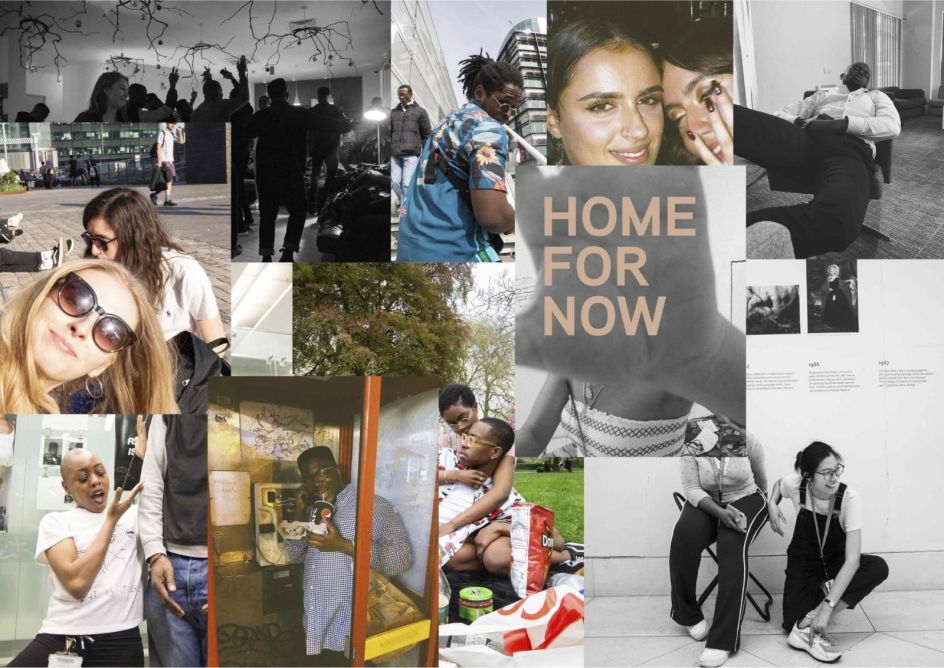
Damilola Ayo-Vaughan
And preparing the photo-book turned out to be more than just a labour of love, but helped him improve his creative practice too. "I started to think bigger; asking myself, how can I freeze these fleeting moments? How can my work bridge personal and collective memory? And so I decided to create 'Home For Now', a research/archival project which aims to use photography as a gateway for a phenomenological exploration of the memories and experiences of young adults in London."
8. Embrace virtual presentation
There was no getting around it: not being able to have a physical graduate show was a huge blow to many UAL students. But Zahraa Karim managed to turn this into a positive. "Presenting virtually gave me the greatest opportunity of all, to imagine and create with no limitation, no budget, and no need to be 'practical'," she enthuses. "I created an exhibition space beyond practicality to offer the chance to not only experience the live algorithmic process but contribute to it.
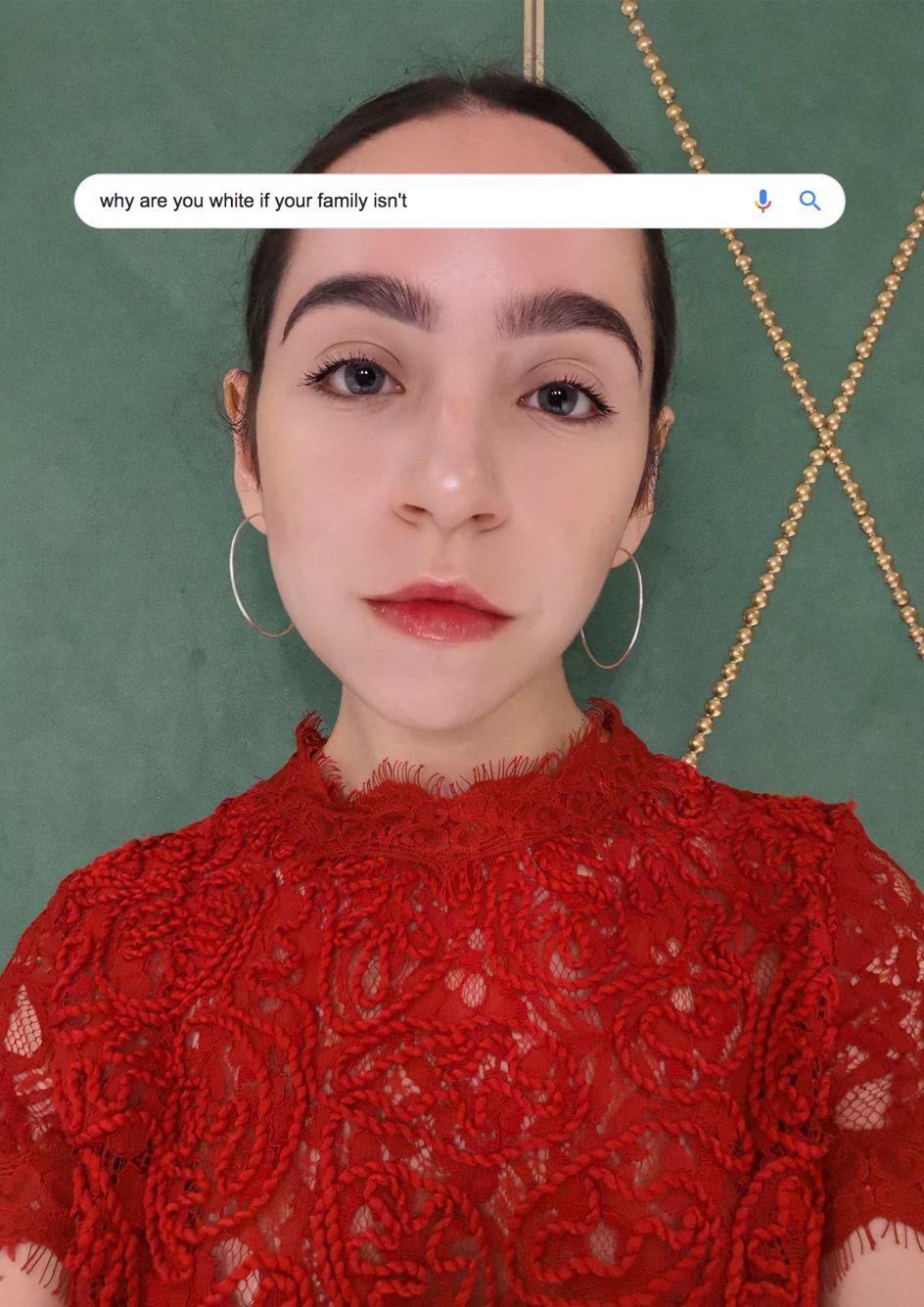
Zahraa Karim
Her project, 'Selfies for Inclusion', explores digital visibility and focuses on processes of surveillance capital and data. "Granted access into a concealed world of power, I push forth an idealised utopian condition in an attempt to decolonise the access to the powerhouses that are Amazon, Google, IBM and Microsoft," she explains. "Giving access to data farms would have been unimaginable without this pandemic, for it would have never been 'practical' or achievable if we're honest, but fortunately a positive came from a negative, and the pandemic did inform my practice."
9. Congratulate yourself
Not being able to graduate in a traditional ceremony was a sad loss for many. But on the plus side, Mapalo Ndhlovu points out that graduating at all during such a troubled time was something to be proud of. "Graduating virtually was an experience of very mixed emotions," he recalls.

Mapalo Ndhlovu
"On the one hand, I felt like it was somewhat underwhelming. But it felt like a huge accomplishment to know that throughout my journey, having experienced such adversity, I still had the resilience not to give up. That is the thing that I take away from this lockdown most, and I'm happy I can share this feeling with so many of my classmates."
10. Embrace the new normal
So while we're still amid the global pandemic, what advice do this year's graduates have for others due to begin or continue creative study in the coming academic year? "I'd say not to overthink it," says Damilola. "It's easy to let yourself get hung up on how much the uni experience is going to be different. I allowed myself to feel down about this for too long. But the thing is we are living in a new normal, and as much as it's daunting, it's also fascinating and liberating.
"The world is changing, and you have the chance to explore that in real-time," says Hellie. "I've seen so many of my friends' works reach new and incredible heights. The best advice I can give is to throw yourself at it. It's easy to feel disconnected due it being online, but you have to make the extra effort and make the most of it. Regardless of it being online or in person, uni is what you make it."
"Ultimately, it's all up to you," she adds. "Without being inside the walls of your arts uni to inspire and push you, you need to create the drive for yourself. Absorb every bit you can from the online classes but take it further. Use online resources wisely to find a spark – don't hold back because 'it's just not the same.'
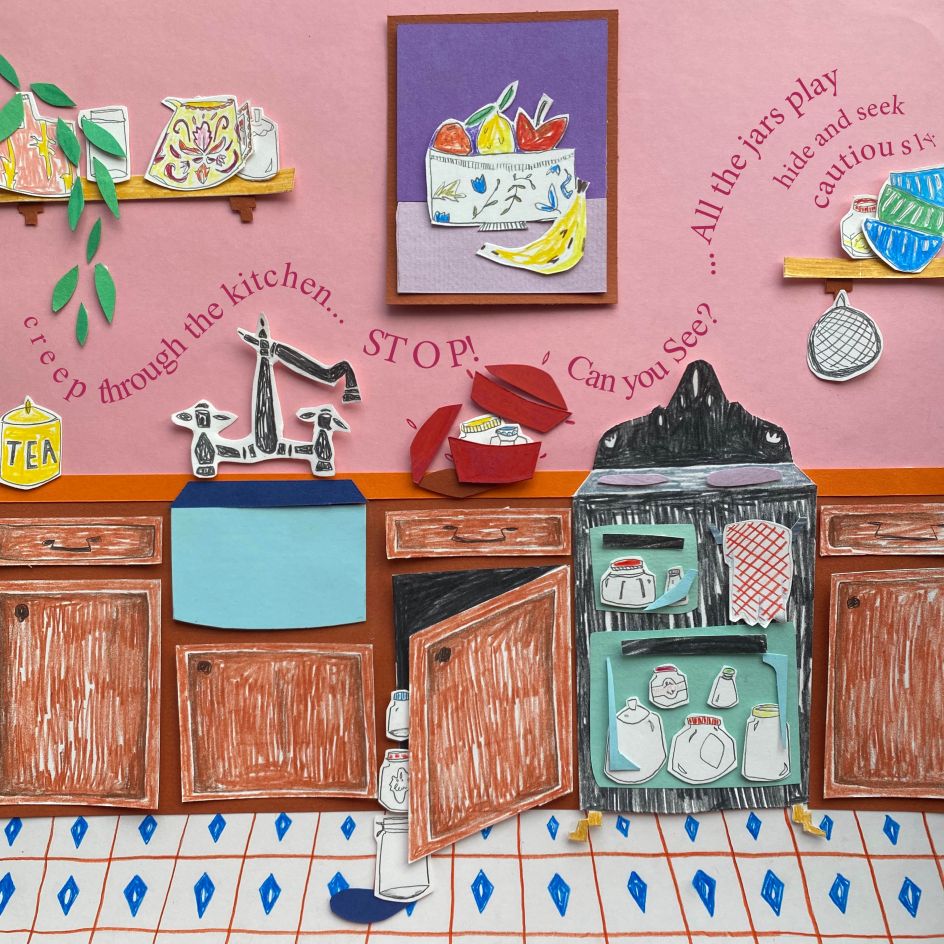
Hellie Carledge
"Draw and draw every idea you have," she adds. "If you keep producing, reflecting and forward-moving on work it will add fuel to your fire – it's the best way to find yourself. Lastly, enjoy it. University is not just about the online lectures which will soon become the 9am coffee then toilet then finding which room dashes. It's all about the city you're in and the people around you – they impact your creative education just as much as the teaching."
Study at UAL in 2020-21
To find out more how UAL will be delivering classes this autumn, head to the UAL website. If you're looking for an undergraduate course starting in 2020/21, there's still time to apply to join one of their courses with places available.


















